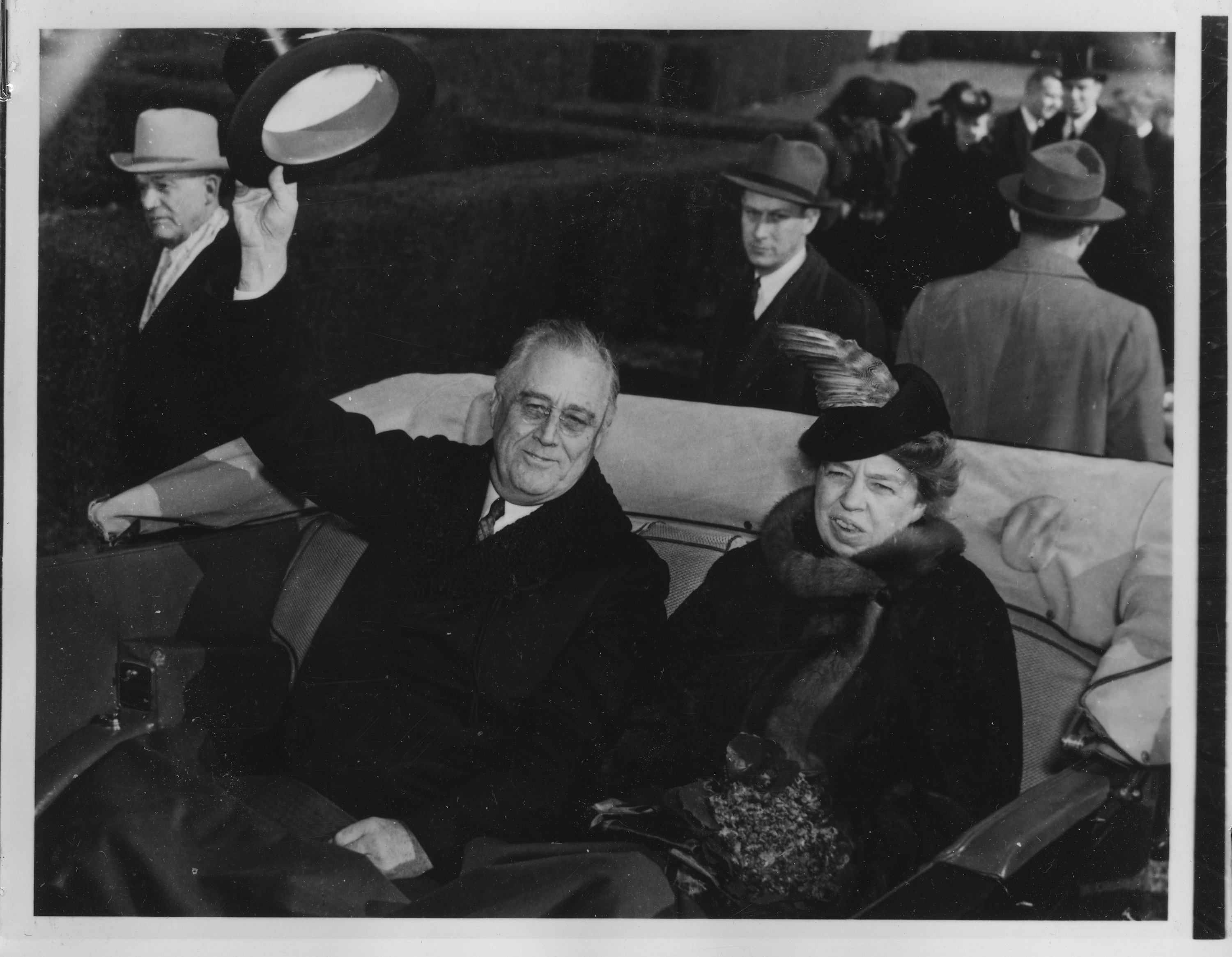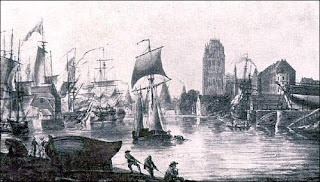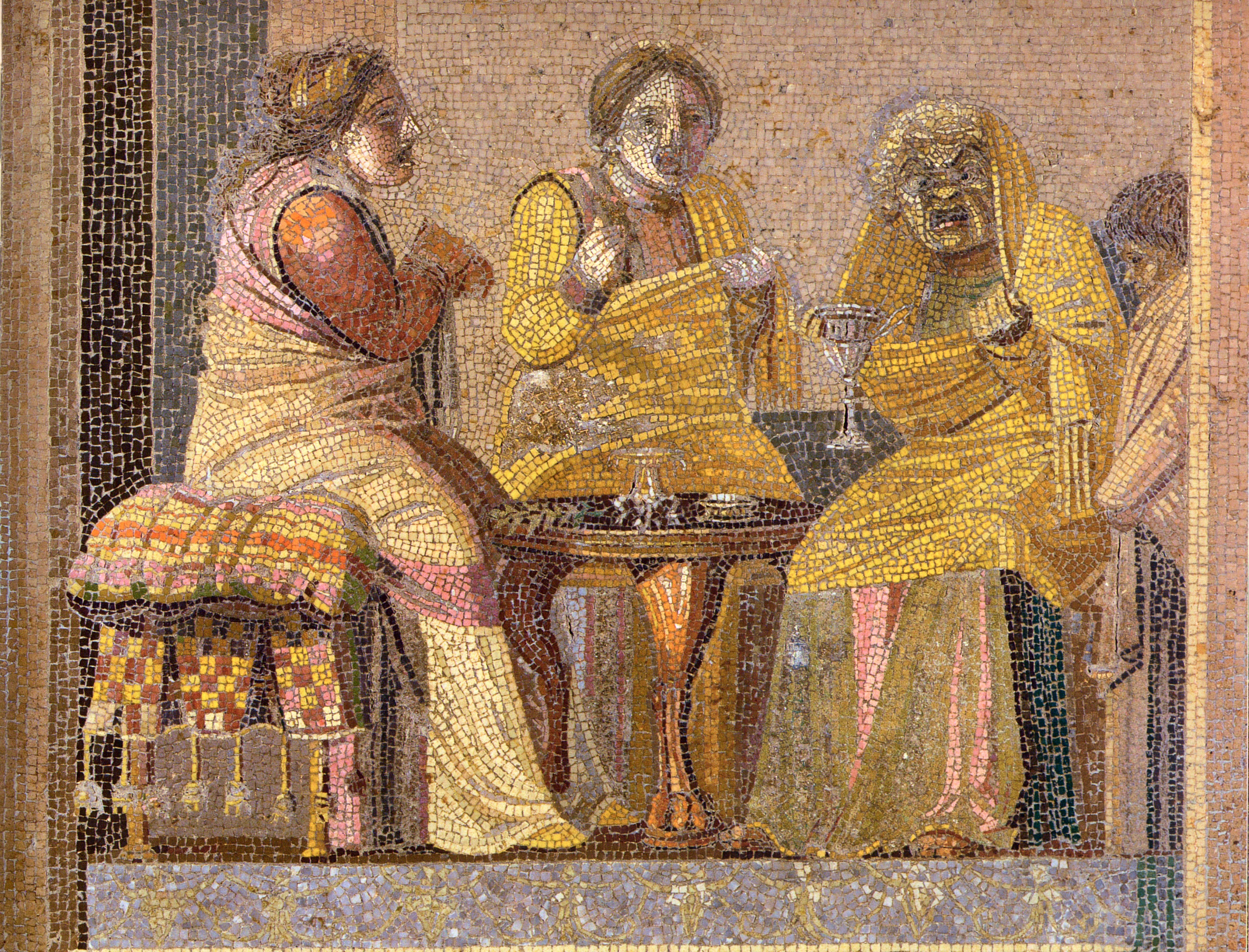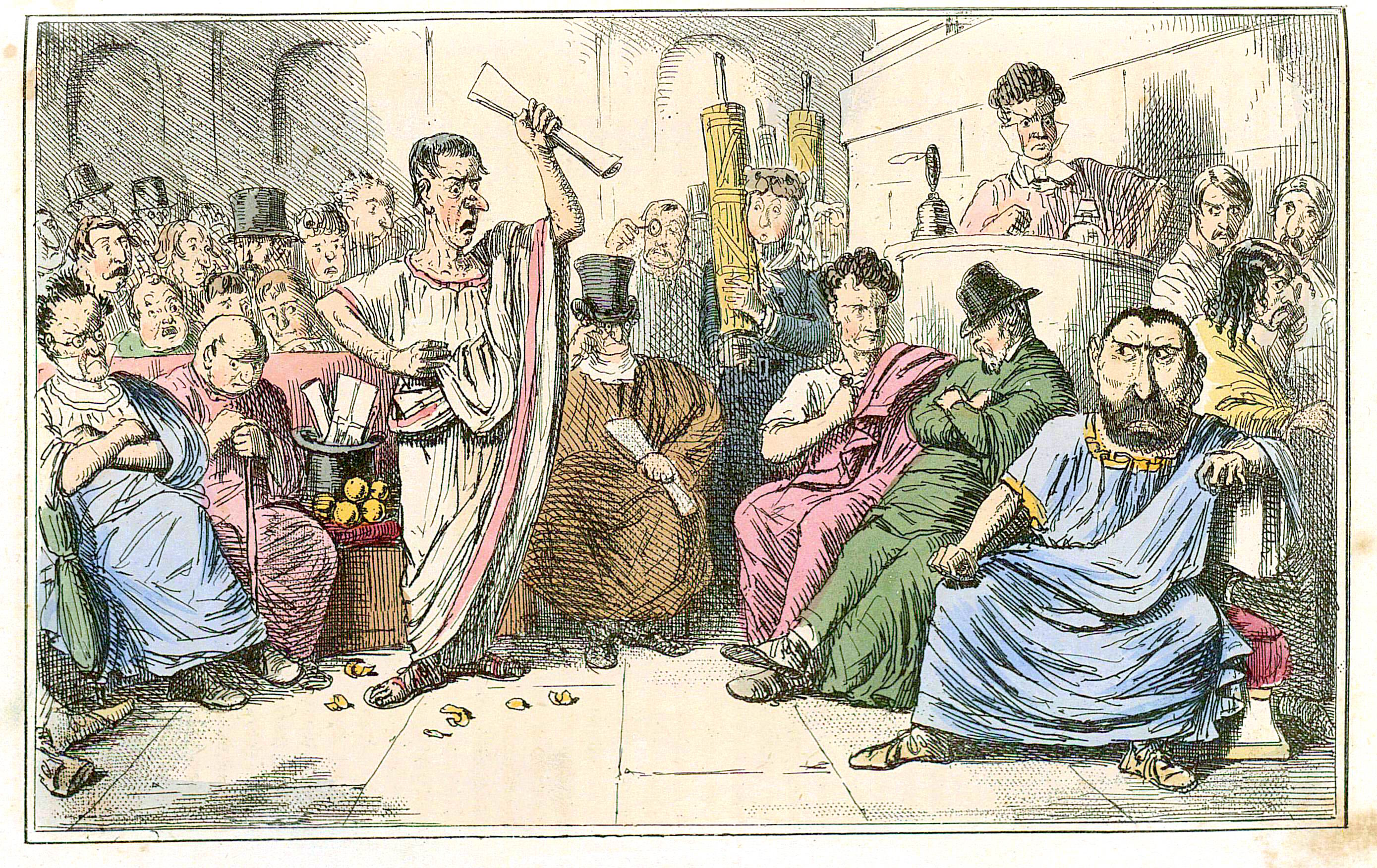A Grab Bag Of Reading: Part 2
There's only one non-fiction in this pile, the biography Franklin & Eleanor by Hazel Rowley, a pressie from Effervescent R. American History is not really where my eye is drawn in the Book Department but ER was enthusiastic and I have to say it's a great read. My knowledge of the Roosevelts as a Team was scant and there were many surprises for me in the reading. They were capital B-busy! And yes, there is plenty to read about their infidelities. As an amusing aside, they lived very communal lives with their respective entourages, for want of a better word, and many a meeting was held at night, with everyone in their pyjamas around the White House bedside of Franklin. They moved like a court en-masse between the various residences and Eleanor, for her part, never spent more than about a fortnight in her own company in her entire adult life, which I find downright peculiar. Like Queen Victoria, there was a carefully crafted public relations side to their existence and what was successfully hidden from the sensibilities of the general public, in spite of the number of people traipsing in and out of their lives, could fill a book. (Couldn't resist it!)
 |
| Franklin & Eleanor Roosevelt in campaign mode, 1941 |
In fiction, there was Quentins, another lent Maeve Binchy read, (thanks, Mum!), and a clutch of Foyer Freebies: Mitch Albom's The Time Keeper (a sweet read) and another couple of bodice-rippers. Historical romance hasn't featured highly in my reading life, if at all, since the age of 12 when my best friend Abigail and I read every single Jean Plaidy in our school library, which must have amounted to several dozen. Then a change of school (and Abigail, with her classy 12-year old's taste, gone from my life) led to new and more populist reading fads, notably the Gothic novels by V. C. Andrews (Flowers in the Attic series), then Horror by the likes of Stephen King (Carrie, Amityville Horror & Co. - all, gasp!, before we were certainly of an age to be allowed to watch the ghastly film versions) and for some reason I remember tattered copies of Harold Robbins and Jackie Collins doing the rounds (Oh, I remember why ... Teenaged-Girls!). Thus, most historical novels written by a living writer fell from the roulette wheel of reading choice until just recently.
 |
| My first Eleanor, a.k.a. Jean Plaidy All Art Deco glamour with dozens of books yet to write |
Mum, who seems to be making a mission out of reading every novel in her local library (although, rather ruthlessly, will toss a book aside if it hasn't gripped her within about twenty pages - Life's too short, and all that), lent me a well-thumbed, foundling Philippa Gregory, A Respectable Trade. The trade in question is slavery and our heroine (an unsympathetic, feeble character - Sorry, Philippa!) is married to a small-time Bristol trader in the 1780s, but has an "eye" on one of their slaves. This is a time when wealthy traders are driving the building boom in Bristol, every man and every scoundrel is speculating, war with France is just around the corner and the Wilberforce abolitionist movement is gaining momentum. It's a very well-researched novel and deals with the grim realities for the many African slaves who end up on England's shore and the unsavoury characters who profit from their trade, so is depressing reading at times. Keeping-up-with-the-Joneses leads to our family getting into hot water (pun alert!) by overreaching in the property stakes as they move into a glamorous address and try to diversify their investments by paddling in the Hot Springs game. Then, another spoiler alert!, our heroine dies (for whom I didn't care, anyway) but a happy ending is cobbled together.
 |
| Bristol Harbour - TransAtlantic slave trading hub Nicholas Pocock, 1787 |
Then, one of those strange coincidences: From the myriad books to choose from, my hand next reaches randomly for a Foyer Freebie: Birdcage Walk by Helen Dunmore. Set in ... Bristol, a mere 3 years after A Respectable Trade leaves off! This time it's Bristol seen through the eyes of an unhappy couple who are slowly grinding down to a state of destitution as property developers whose market dries up when the war with France finally breaks out. There's a murder, a bit of madness, a bit of Georgian architecture-talk, some idealism and radicalism focussed on the actions and plight of the French revolutionaries, (aside: Nowhere do we actually meet or hear of any of the African slaves who, as I've discovered, were part of the fabric of Bristol at this time); there's rich pickings enough at this time in Bristol's (and England's) history to keep novelists busy. Georgian England is an Industry!
 |
| Another Unfulfilled Bristol Vision of 1793 William Bridge's Bridge |
But, as I'm a true Delayed Gratification type, I've left the best until last: Dictator by Robert Harris. This is the final book in the Cicero trilogy, as originally recommended by Clever L & Mr CL, for whom Robert Harris gets the highest of critical praise and I cannot agree with their taste more. Both Mr P and I are now devotees of RH's writing and have also read and loved Pompeii (about ... yes, the eruption of Mount Vesuvius in 79 AD) and An Officer and a Spy, (about the Dreyfus Affair of 1895), and have the WWII novel Enigma sitting on one of our book piles to be read. Clever L says Ghost is also fantastic and I'm pleased to know there are more of his works out there, yet to be read.
 |
| Mosaic from Villa del Cicerone in Pompeii A 2-for-1 Robert Harris Special! |
Anyway, to Dictator. For anyone unfamiliar with the books, it follows on from Imperium and Lustrum and covers the Rise & Fall of the charismatic Roman orator/senator/consul Marcus Tullius Cicero, as seen through the eyes of Tiro, his loyal slave and secretary. Tiro was a terrifically learned man in his own right and a great publisher of his own work as well as posthumously publishing Cicero's works, so there is plenty of material still around to put some flesh on the bones of Cicero's life in addition to his words. That aside, Robert Harris knows how to write gripping, page-turners. Even though you know what happens in the end, (hardly a spoiler that Cicero gets it in the neck!), these books are set at such a fabulous time in Roman history when Republic transitions to Empire and so many of the major players are household names, and Cicero's cases and the political machinations of all the characters are of the Truth-is-Stranger-than-Fiction kind. For lovers of history, Rome, politics, Plotting & Scheming, or just good entertaining writing, these books are capital-e Enjoyable.
 |
| The Players may change but the Politics remains Cicero denounces Catiline |
And, finally, to endeth the long-overdue Reading Catchup, here's another book to bring the pile up to a baker's dozen. Thank you, Dear Brother, for picking such a diverting coffee table book!
[First Publish as "Part II: The Second Sitting" on Flying With Hands, April 2019]

